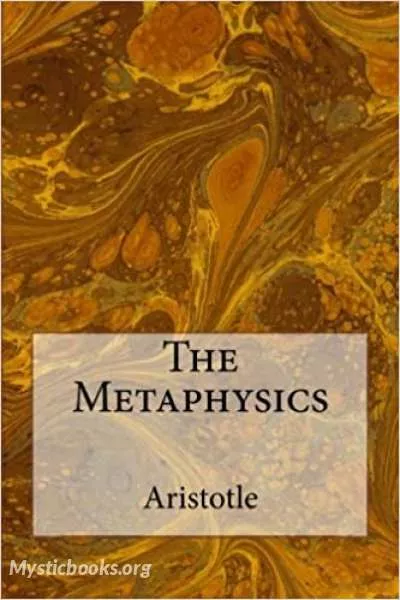
Metaphysics by Aristotle
by Aristotle
'Metaphysics by Aristotle' Summary
The Metaphysics is considered to be one of the greatest philosophical works. Its influence on the Greeks, the Muslim philosophers, the scholastic philosophers and even writers such as Dante, was immense. It consists essentially of a criticism of Plato's theory of Forms which Aristotle had studied as Plato's pupil at the Academy in Athens, with its dialectic method of definition that was unsuited to account for matter or change. The "physical method" of Democritus and the atomists, on the other hand, engaged a scientific method to facts and problems, but no direct inquiry into the nature of definitions. This reduced the essence of things to material configurations, with a chain of causal necessities depending ultimately on chance. Aristotle sought to combine the virtues of these two methods. His metaphysics is directed against unified systems like the dialectic idealism of Plato, which reduces philosophy to mathematics, or the materialism of Democritus, which reduces it to physics. His worldview is rooted in an analysis of natural language, common sense, and the observations gathered from the natural sciences. The result is a synthesis of the naturalism of empirical science, with a critical enquire into language, ontology and epistemology that informed the Western intellectual tradition for more than a thousand years.
At the heart of the book lie three questions. What is existence, and what sorts of things exist in the world? How can things continue to exist, and yet undergo the change we see about us in the natural world? And how can this world be understood?
By the time Aristotle was writing, the tradition of Greek philosophy was only two hundred years old. It had begun with the efforts of thinkers in the Greek world to theorize about the common structure that underlies the changes we observe in the natural world. Two contrasting theories, those of Heraclitus and Parmenides, were an important influence on both Plato and Aristotle.
Heraclitus emphasized the constantly changing nature of apparent reality. By contrast, Parmenides argued that we can reach certain conclusions by means of reason alone, making no use of the senses. What we acquire through the process of reason is fixed, unchanging and eternal. The world is not made up of a variety of things in constant flux, but of one single Truth or reality. Plato’s theory of forms is a synthesis of these two views. Given, any object that changes is in an imperfect state. Then, the form of each object we see in this world is an imperfect reflection of the perfect form of the object. For example, Plato claimed a chair may take many forms, but in the perfect world there is only one perfect form of chair.
Aristotle encountered the theory of forms when he studied at the Academy, which he joined at the age of about 18 in the 360s B.C.E. but its conception in the Metaphysics is re-elaborated. Aristotle thought that in every change there is something which persists (for example, Socrates), and something else which did not exist before, but comes into existence as a result of the change (musical Socrates). To explain how Socrates comes to be born (since he did not exist before he was born) Aristotle says that it is ‘matter’ (hyle) that underlies the change. The matter has the ‘form’ of Socrates imposed on it to become Socrates himself. Thus all the things around us, all substances, are composites of two radically different things: form and matter. This doctrine is sometimes known as Hylomorphism (from the Greek words for "matter" and "form").
Book Details
Language
EnglishOriginal Language
Ancient GreekPublished In
Authors
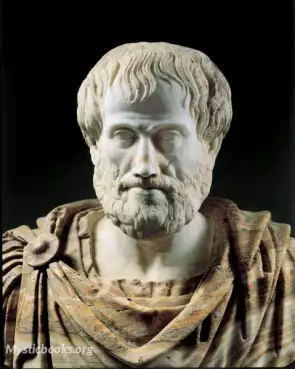
Aristotle
Greece
Aristotle (384–322 BC) was a Greek philosopher and polymath during the Classical period in Ancient Greece. Taught by Plato, he was the founder of the Lyceum, the Peripatetic school of philosophy...
Books by AristotleDownload eBooks
Listen/Download Audiobook
- Select Speed
Related books

An Inquiry into the Effects of Ardent Spirits upon the Human Body and Mind, with an Account of the Means of Preventing, and of the Remedies for Curing Them by Dr. Benjamin Rush
Alcohol abuse has been a problem for centuries, and Dr. Benjamin Rush was one of the first to sound the alarm about its dangers. In An Inquiry into t...

Idle Days in Patagonia by William Henry Hudson
In 'Idle Days in Patagonia,' William Henry Hudson recounts his experiences in the rugged and captivating landscapes of Patagonia. Forced to rest afte...

Report to the President by the Presidential Commission on the Space Shuttle Challenger Accident by Presidential Commission on the Space Shuttle Challenger
The Rogers Commission Report was written by a Presidential Commission charged with investigating the Space Shuttle Challenger disaster during its 10th...

Columbia Accident Investigation Board Final Report, Volume 1 by Columbia Accident Investigation Board
The Columbia Accident Investigation Board Final Report, Volume 1 delves into the tragic loss of Space Shuttle Columbia and its crew during the STS-107...

The Ashtabula Disaster by Stephen D. Peet
It tells the harrowing story of a tragic train accident that occurred in Ashtabula, Ohio in 1876. The book was originally published in 1877, just one...
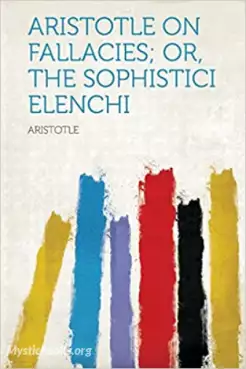
Sophistical Elenchi by Aristotle
The Sophistical Elenchi is the sixth of Aristotle's six texts on logic which are collectively known as the Organon ("Instrument"). In the Sophistical...

Art of Story-Telling, with nearly half a hundred stories by Julia Darrow Cowles
The "Art of Story-Telling" offers a comprehensive exploration of the art of storytelling, encompassing its ethical and artistic dimensions. The book a...

Report of the President's Commission on the Accident at Three Mile Island by President's Commission on the Accident at Three Mile Island
At 4:00 a.m. on March 28, 1979, a serious accident occurred at the Three Mile Island 2 nuclear power plant near Middletown, Pennsylvania. The accident...
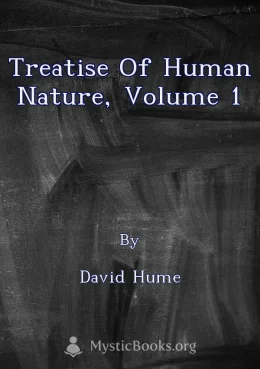
Treatise Of Human Nature, Volume 1 by David Hume
This book, published in two volumes called "books" by the author, is a treatment of everything from the origin of our ideas to how they are to be divi...
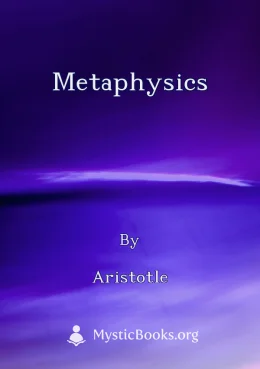
Metaphysics by Aristotle
Metaphysics is a philosophical treatise by Aristotle that examines the fundamental principles of reality, being, and existence. It delves into the nat...
Reviews for Metaphysics by Aristotle
No reviews posted or approved, yet...